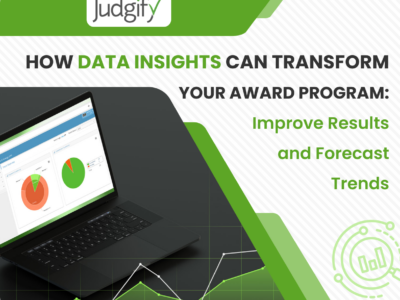How to Create Inclusive Awards Programs for Diverse Participants

Creating an inclusive awards program isn’t just a feel-good initiative—it’s crucial for truly recognizing diverse talent. If you’re serious about fairness, inclusion has to be intentional, not accidental. It’s about more than adding categories—it’s ensuring that people of all backgrounds can participate fully and feel valued. In this post, we’ll explore how to design inclusive[...]
Read More









